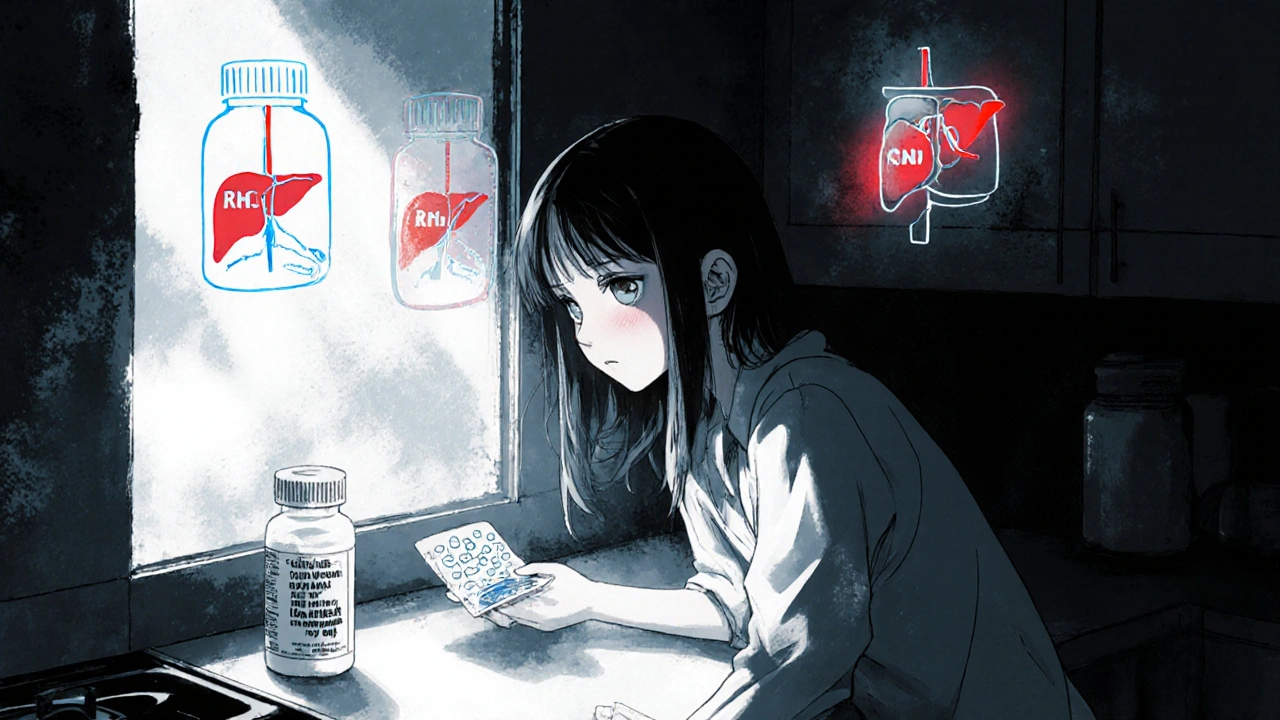Women Health: Practical guides, conditions, and real support
Health for women changes over time. You deal with periods, pregnancy, menopause, mental health, and sometimes serious diagnoses like ovarian cancer. This page gathers clear, usable advice so you can spot problems early, find treatment options, and manage the everyday effects on your body and self-image.
Spotting symptoms and getting the right care
Know the simple signs: irregular bleeding, persistent pelvic pain, unusual bloating, or sudden weight changes. Don’t wait to ask your doctor — early checks make a big difference. Regular screenings matter: Pap tests, HPV checks, breast exams, and age-based screenings help catch issues early. If you have a family history of cancer, bring that up — genetic testing or earlier screening might be right for you.
When you get a diagnosis, treatment can feel overwhelming. Ask for clear steps: what tests you need, side effects to expect, and how long recovery might take. Bring a friend to appointments or record the visit on your phone so you can review details later. If you take medications, check interactions and side effects; NorthwestPharmacy.SU lists common medicines and supplements and helps you compare options.
Body image, self-esteem, and everyday coping
A diagnosis like ovarian cancer can shift how you feel about your body. Hair loss, surgical scars, and weight shifts change your routine and confidence. Emotions that follow — grief, anger, low mood — are normal and worth addressing. Practical steps help: find a wig or headscarves you actually like, talk to a counselor who knows cancer care, and try gentle movement like walking or pelvic-friendly yoga to rebuild strength.
Small, concrete actions make a difference. If scars bother you, ask a nurse about scar massage and silicone sheets. If fatigue is constant, plan short rest breaks and prioritize tasks that matter most. Talk about intimacy — body changes affect sexual health, and a specialist can suggest options from lubricants to pelvic therapy. Support groups, online forums, or local meetups let you hear how others cope and pick up real tips you can try immediately.
This category also covers birth control choices, menopause relief, mental health, and safe supplement use. When you read an article here, expect practical takeaways: what to ask your clinician, quick self-care tips, and product notes when medication or supplements are discussed. Our content mixes medical info with real-life advice so you can act, not just read.
If the post on this page about ovarian cancer and body image spoke to you, try starting with one small step today: book a checkup, call a counselor, or join a support group. Health care is a set of small decisions that add up. We’re here to help you find clear info, compare products, and buy safely when you need medications or supplements through NorthwestPharmacy.SU.
If you want specific articles, look through the posts below for guides on symptoms, treatment side effects, self-care tools, and honest patient stories. Got a question? Reach out — we aim to answer simply and directly so you feel prepared at every step.

Nausea Medications in Pregnancy: Safe Options and Real Risk Profiles
Safe and effective options for managing nausea in pregnancy, including ginger, Diclegis, and antihistamines - and which meds to avoid due to potential risks like cerebral palsy and birth defects.
Read More
Rifampin and Hormonal Contraceptives: What You Need to Know About Breakthrough Ovulation Risk
Rifampin can cause birth control to fail by speeding up hormone breakdown in the liver. Learn why this interaction is real, how it leads to breakthrough ovulation, and what backup methods actually work.
Read More
Clomiphene and Ectopic Pregnancy: Essential Facts & Risks
Learn how clomiphene may affect ectopic pregnancy risk, recognize warning signs, and get practical steps to stay safe during fertility treatment.
Read More
Menopause and Your Sex Life: What to Expect and How to Thrive
Explore how menopause impacts sexual health, learn common changes, treatment options, communication tips, and lifestyle strategies to enjoy a satisfying sex life.
Read More
Women’s Chest Pain: Recognizing Unique Symptoms & Causes
Learn how chest pain shows up differently in women, its hidden causes, and what symptoms demand urgent care. Get practical tips for recognizing and responding to female‑specific heart warning signs.
Read More
The Impact of Ovarian Cancer on Body Image and Self-Esteem
As a blogger, I recently delved into the impact of ovarian cancer on body image and self-esteem. What I discovered is that this illness can significantly alter one's self-perception, often leading to feelings of inadequacy and depression. The physical changes, such as hair loss, weight fluctuations, and surgical scars, can be distressing, making it difficult for women to embrace their new appearance. Additionally, the emotional toll of dealing with a life-threatening illness can further exacerbate self-esteem issues. In conclusion, ovarian cancer presents a unique set of challenges for women, and it's important that we address these concerns to ensure a better quality of life for those affected.
Read More